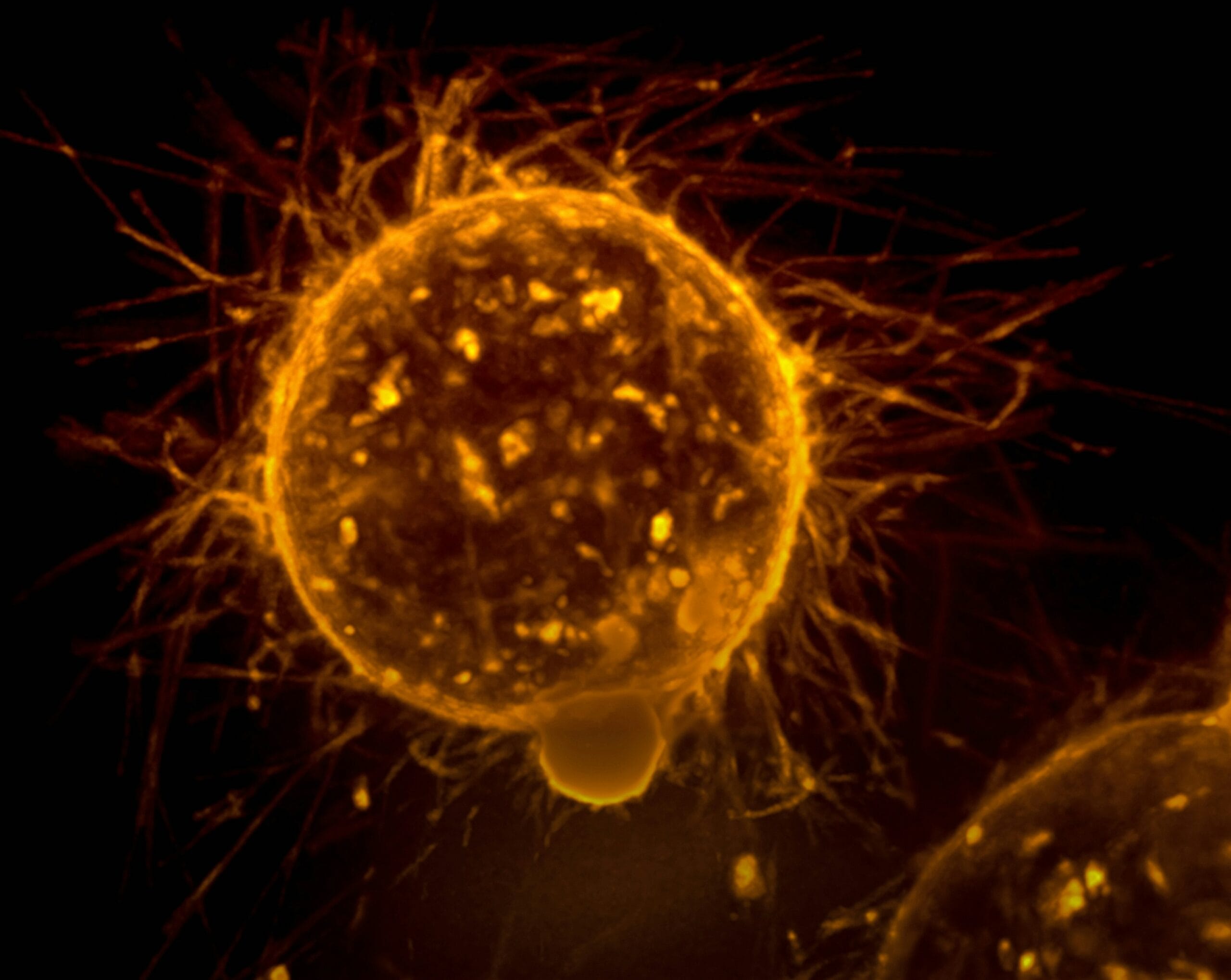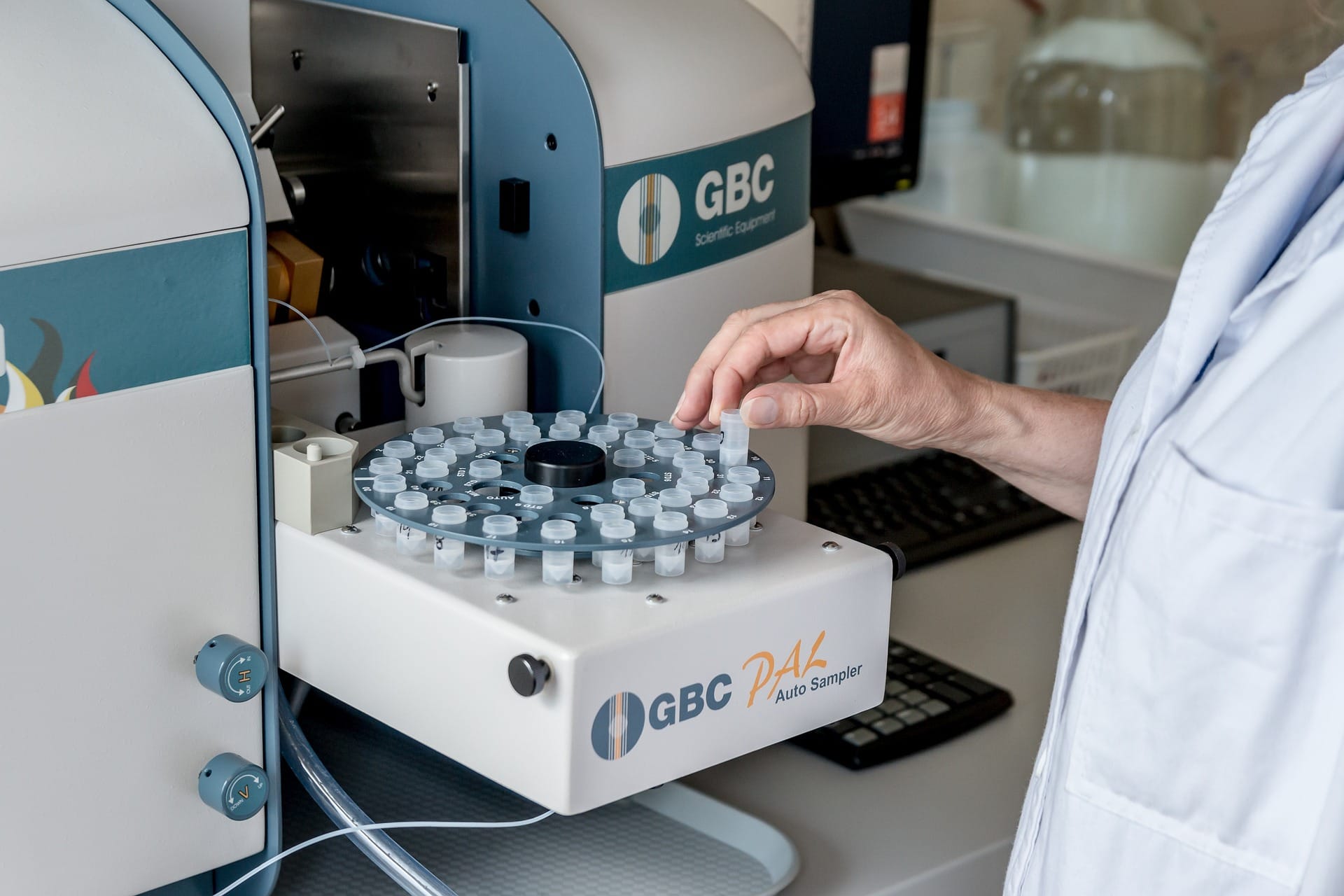
About MedicaPharma
MedicaPharma distributes high-quality active pharmaceutical ingredients (APIs) to hospitals, commercial (compounding) pharmacies, research institutes, and universities worldwide.
What is Bevacizumab
Bevacizumab, commonly known by its brand name Avastin, is a monoclonal antibody used primarily in the treatment of various types of cancer.
Why Choose MedicaPharma
We are committed to supplying high-quality GMP products with logistics according to GDP regulations.














